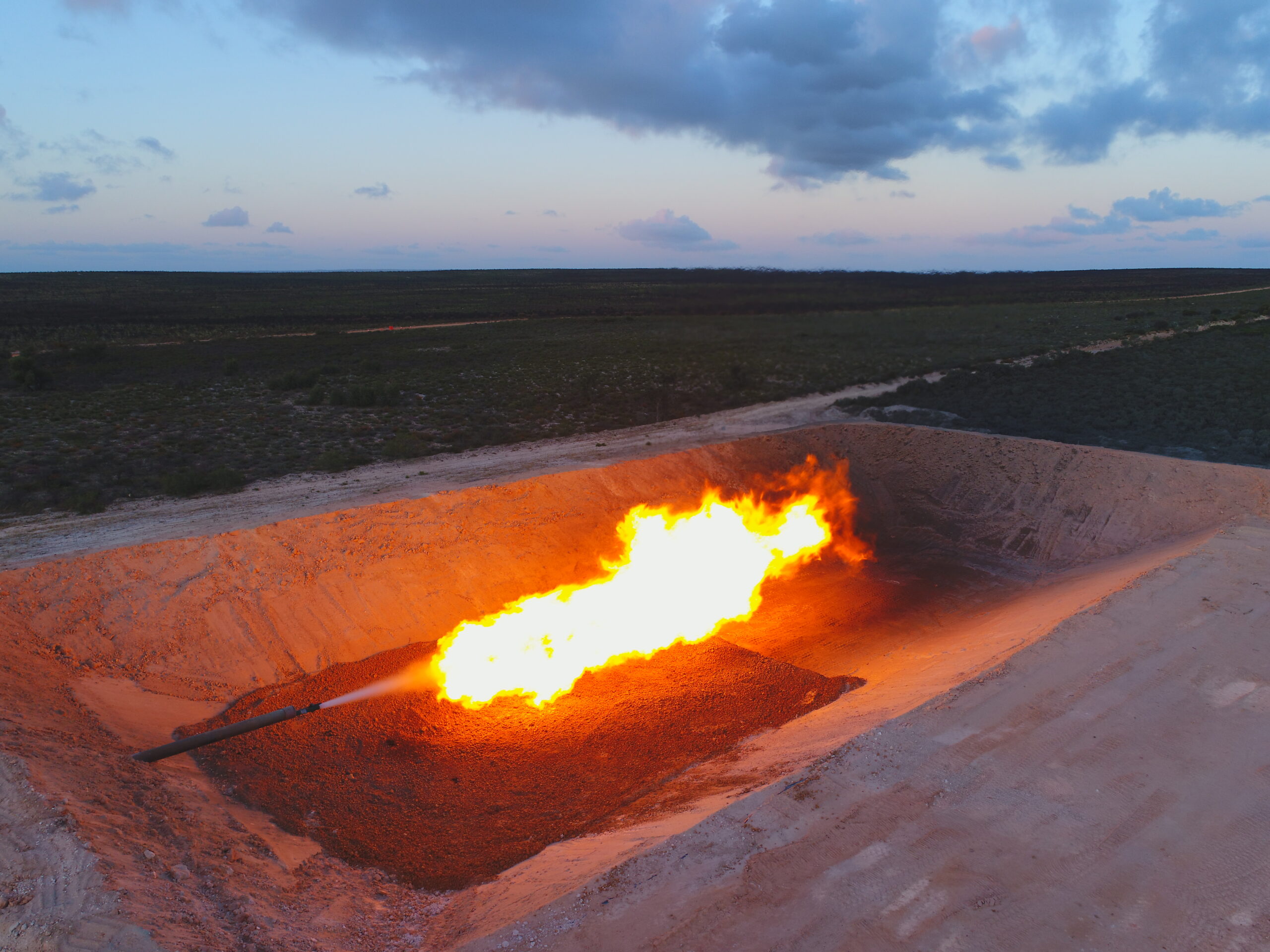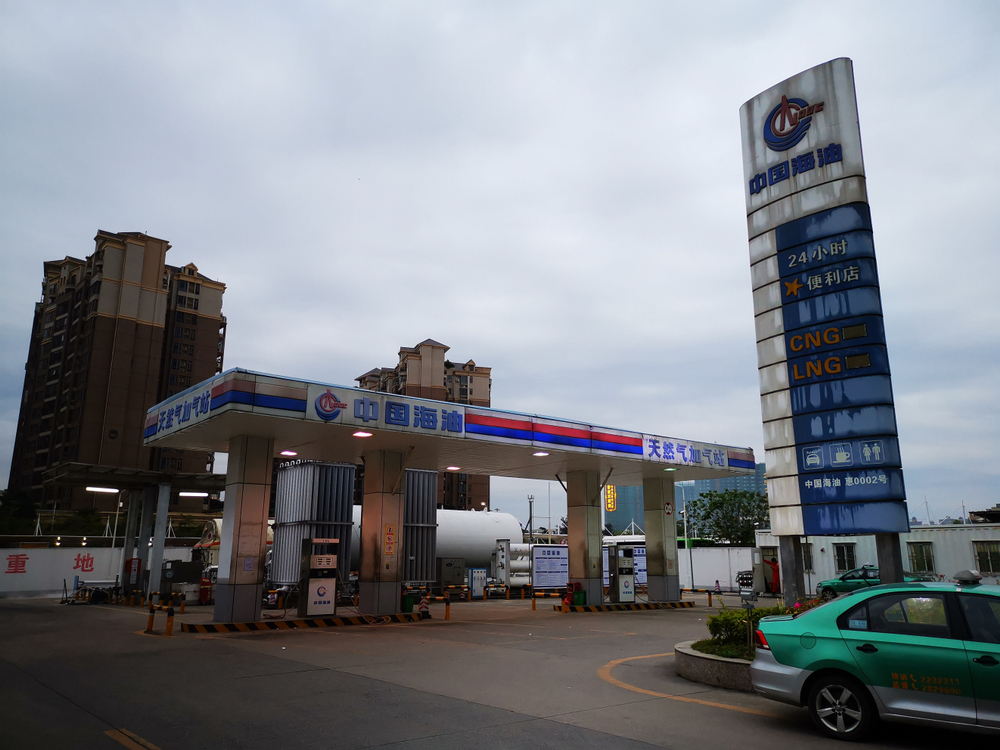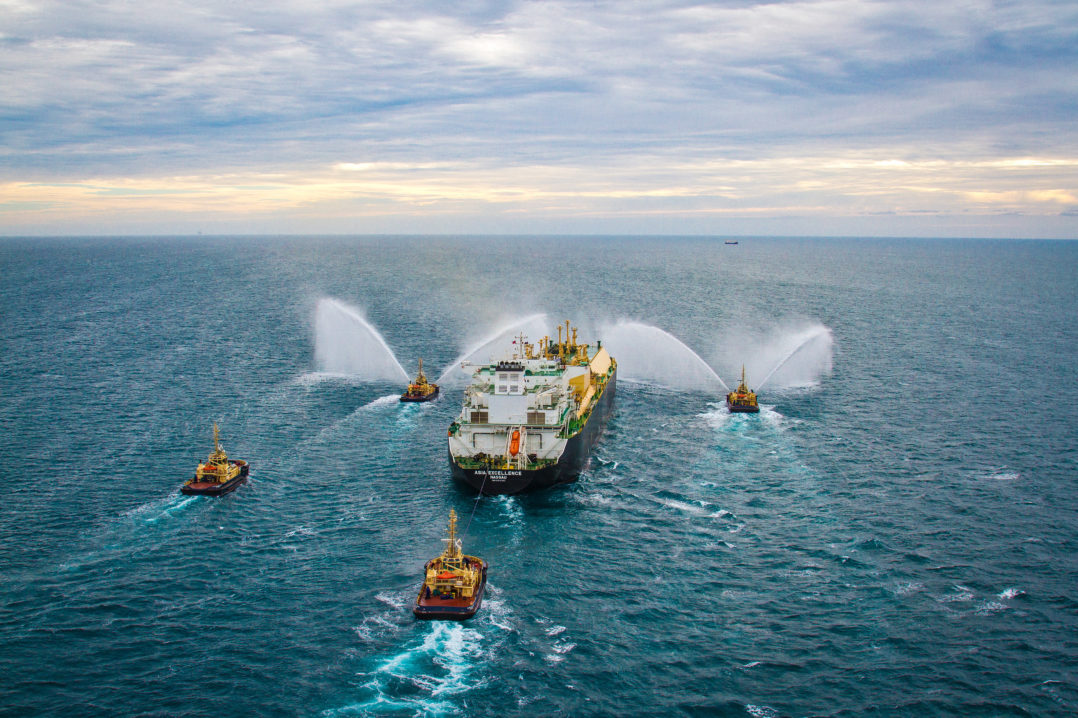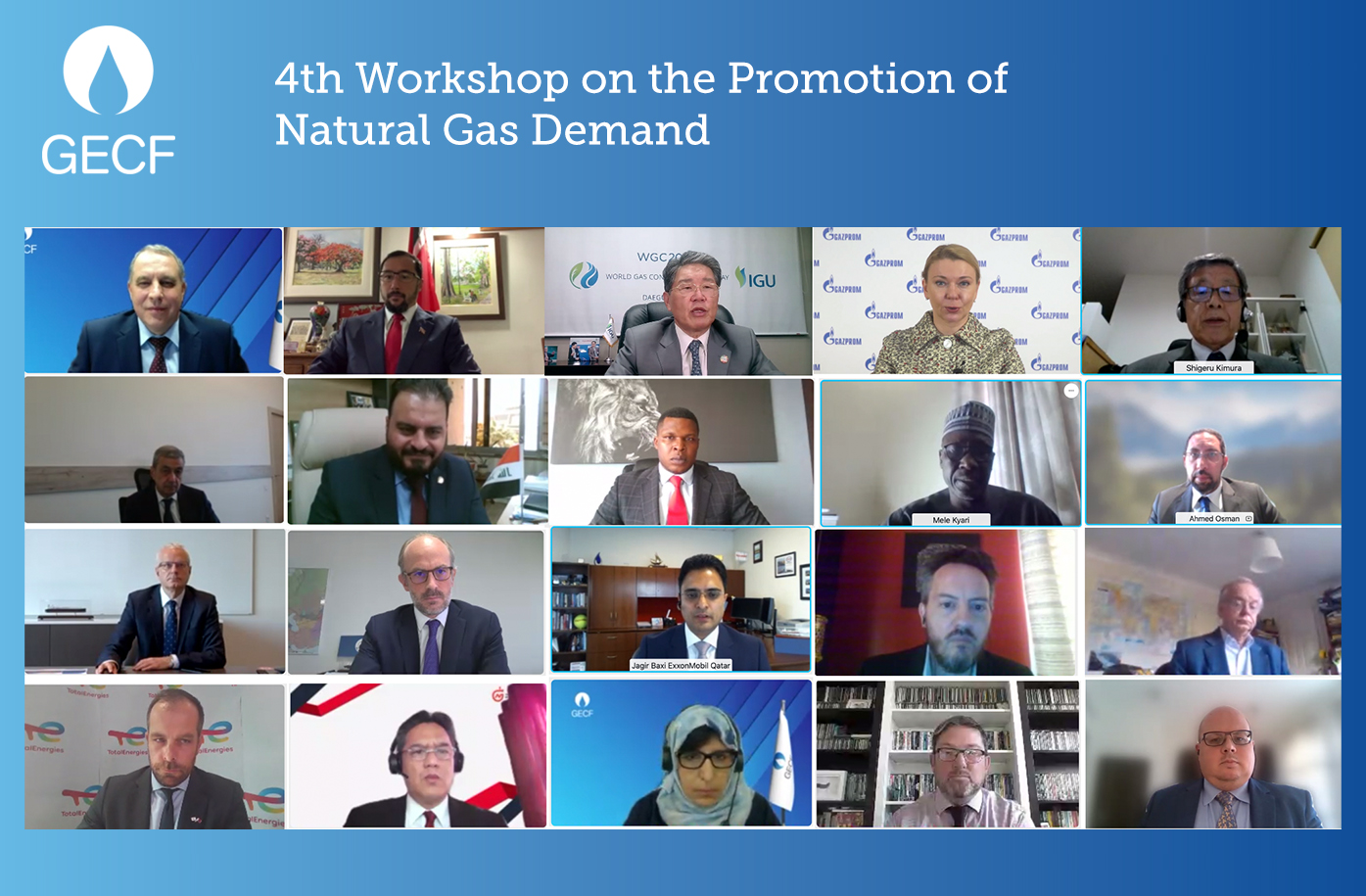The voice of the Australian oil and gas industry says an ACIL Allen report on Western Australia’s gas and downstream industries opportunities showed potential major projects in the state powered by gas could deliver between $3 billion to $10 billion in Gross State Product in the next 20 years.
APPEA WA Director Claire Wilkinson said WA’s abundant reserves of gas could help lift the state’s economy while at the same time supporting a cleaner energy future and reducing emissions here and around the world.

“Gas means jobs. Gas means economic prosperity for our state and gas means a cleaner energy future,” Ms Wilkinson said.
“Gas already generates over 60% of the electricity produced in WA, used in our homes, hospitals, and schools, and provides much of the power used by some of our biggest businesses and industries such as mines and minerals processing.
“This independent report also demonstrates how important the WA oil and gas industry is to our economy and community in the future.
“Gas supporting new developments in WA such as ammonia, urea, and methanol production means gas can fuel economic activity to the tune of up to $10 billion in GSP.
“Natural gas is also important in helping lower Australia’s and indeed the world’s emissions and is supporting the growth of renewable energy.
“The Australian government estimates our exports have the potential to lower emissions in LNG-importing countries by about 170 million tonnes of CO2 equivalents a year by providing an alternative to higher emissions fuels. That equates to almost a third of Australia’s total annual emissions.
“Natural gas has only half the greenhouse gas emissions of coal when used to generate electricity and it can do things renewables simply cannot do, such as power manufacturing plants.”
Ms Wilkinson said to realise the benefits of the comparative advantage WA has in terms of reliable, affordable and lower emission energy provided by natural gas, the report also indicates the need to bring on new supplies of natural gas rather than relying on existing production.
“To do this, regulatory efficiency and appropriate project facilitation is key to enable new gas supplies to come to market and help realise the potential of these downstream industries such as ammonia, urea, and methanol,” she said.
“The report found that increased domestic gas supply could be expedited by enabling a portion of gas to be sold as LNG, improving project economics by allowing some access to the higher-priced export markets.
“To that end, the report recommended that the existing WA domestic gas reservation policy could be clarified in relation to potential exports via the WA gas pipeline network to facilitate investment in new projects.”
Ms Wilkinson said the industry looks forward to continuing to work with the McGowan Government to maximise the benefit to the WA community of affordable and reliable natural gas.





